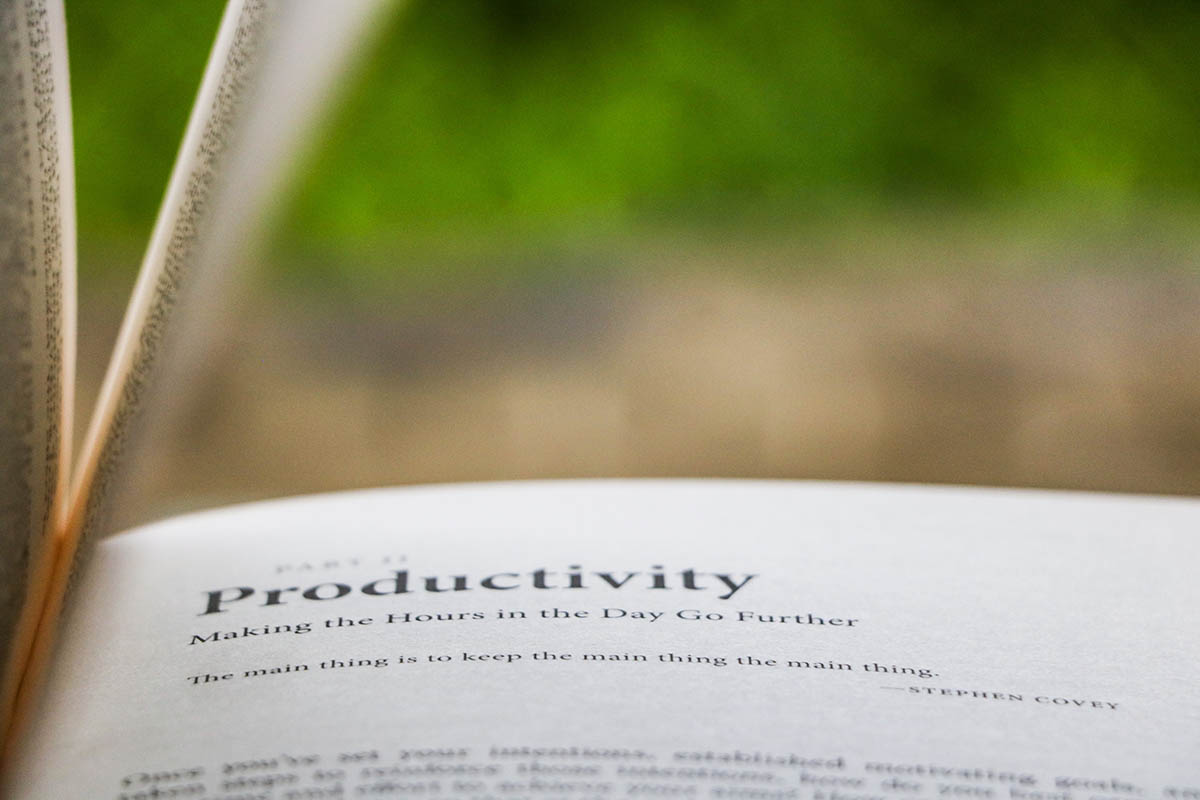Why Background Checks Are a Vital Employment Safety Measure
Background checks are standard in many roles – think about a teacher or healthcare worker, and you’d expect them to have been verified as a suitable person for that position. However, the use of screening checks is steadily growing and offers substantial value to employers who are keen to safeguard the quality of their services. Here we’ll explain the different types of employee background checks, the advantages they offer, and what to expect if you’re asked to undergo ID verification.
Employment Background Checks – The Basics
Background checks do vary, but they can examine things like:
- Whether the person has a criminal record.
- If so, the nature of the offenses.
- Credit reports and credit history.
- Registration on offender’s lists.
- Previous names or aliases.
- Education history and verifying any accreditations.
- Confirming the person’s identity.
Not all employers will dive deep into your credit references, which may not be relevant to the job in question. However, it can be. For example, someone in a position of authority who may be liable to bribery or blackmail may require a credit check to ensure they aren’t financially vulnerable.
Likewise, a speeding offense may not be a deal-breaker in many positions. Still, any driving-related crimes could be a severe problem when appointing drivers to work in haulage or public transport. It’s always worth asking about the requisite background checks when making any application, but an employer should always notify you if any screening is required, and if so, to what extent.
Types of Background Checks and Screening
Not all background checks are created equal, and a lot depends on the scope and breadth of the screening required. The top screening level is called BPSS (Baseline Personnel Security Standard). BPSS screening is carried out on individuals working in a governmental role and is intended to protect against illegal workers, identity fraud, and national security issues.
The screening is a precaution and ensures that any employee or contractor has the right to work in the UK. Therefore, you could be asked to undergo BPSS screening as a third-party service provider if you work with a governmental department.
Vital employment safety measure: BPSS Checks
Areas covered include:
- The right to work in the UK, including nationality and immigration status;
- ID checks, including verification of accounts, address, name, associates, and aliases;
- Criminal records check through a Basic Disclosure (more on that shortly!);
- Employment history over the last three years;
- Time spent traveling or living abroad of six months or more in the last three years.
DBS Checks
Another type of screening is called DBS (Disclosure and Barring Service). This process is similar to BPSS, although it is a more general verification looking primarily at a person’s criminal record and convictions.
DBS checks – previously called CRB checks – are widespread in social care jobs, where any candidate must be suitable to work with vulnerable patients. There are three types of DBS checks, called Basic, Standard, and Enhanced.
- Basic DBS Checks are criminal record checks requested by an individual or business. These simple checks apply to anybody living in the UK and identify criminal history, convictions, and cautions.
- Standard DBS Checks are more in-depth and primarily used by employers screening new staff. The report will show unspent convictions, cautions, warnings, and reprimands on a person’s criminal record. Standard DBS disclosures are mandatory for responsible positions such as accountants or lawyers.
- Enhanced DBS Checks are only available to employers and cover everything in a Standard check, but with more access to information about listings on databases such as the Children’s Barred List or Adult First List.
The right kind of screening check depends on the verification, the type of role the person is expected to carry out, and who is applying.
Employers cannot use Enhanced DBS Checks without reason. Although they have the right to verify the identity and suitability of workers, they cannot discriminate according to the regulations stipulated in the Rehabilitation of Offenders Act 1974.
Vital employment safety measure: advantages of employee background screening
As we’ve mentioned, the right screening type is dependent on several factors. For example, if you’re hiring staff to work with vulnerable groups, you can request an Enhanced DBS Check, which is the norm in education and healthcare. In contrast, BPSS screening is a more robust verification process required for roles with the potential to carry national security considerations.
Whichever checks you need, there are a few key advantages:
- Confirming qualifications – there’s no doubt it’s pretty easy to run off a fake certificate in the digital age! Background checks confirm that any embellishments on an applicant’s work history or qualifications list are identified;
- Character checks – for many businesses, the values and character of their staff are just as vital as certifications. Screening staff ensures you only hire truthful individuals who suit the ethos of your organization;
- Workplace safety – screening is crucial in higher-risk roles and essential to safeguarding other staff’s welfare. Checking your candidates prevents employing anybody who you feel would be a danger or safety threat to others;
- Liability reduction – with an appropriate professional screening service, employers demonstrate sound risk management and avoid the potential for legal action or employment disputes owing to poor recruitment choices.
Provided you make sure your screening candidates have agreed to be background checked, and you keep all records secure, there is a great deal to gain from knowing precisely who you’re hiring and that they’re an excellent fit.
What to Expect From a Background Check
If you’re asked to submit information for a background check, the employer will usually provide you with an official form to complete. An appointed person will then confirm your ID documents match the information provided (usually requiring a passport, driving license, and/or utility bills to verify your address).
Once the screening process is complete, you will typically receive a certificate confirming the outcome and have the right to request access to any information held on file about you should you require further details.




















